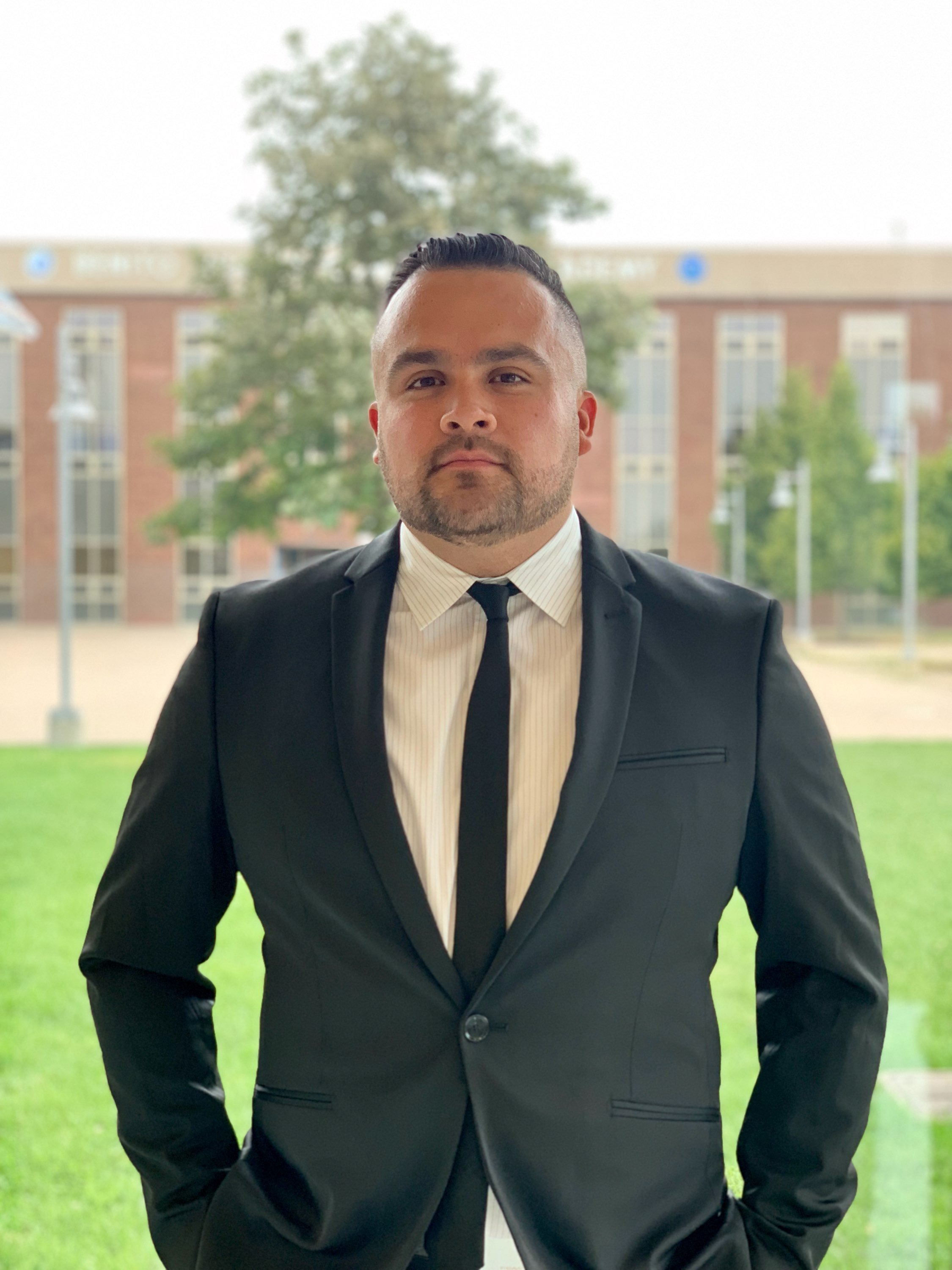The Importance of Diversifying School Leadership with Aspire Fellow Jesse Palencia
Research shows over and over again that when students have a teacher or principal who looks like them, it results in academic success, their attendance improves, and discipline referrals decrease. So why are only 20% of principals people of color? The barriers that prevent so many aspiring leaders of color from advancing to or beyond assistant principal roles has been called a “career killer.” The Aspire Fellowship has helped to break down barriers and create pathways in leadership for our BIPOC educators. We spoke with Aspire Fellow and School Counselor at Benito Juarez Community Academy Jesse Palencia (‘07 Houston) about the value of this fellowship and why it is so important to see more leaders of color in our schools.
The Importance of Leaders of Color
Throughout my professional journey in education, I have encountered that Latino males are a rarity. I can count on my hand the number of Latino male teachers I’ve had from elementary school to college. Even rarer are those in leadership. I have been fortunate enough to be guided by two exceptional Latino male principals in my career. One of them was my first principal when I was a teacher in Houston and the other is my current principal. They have served as role models and have exemplified the two qualities that I believe are essential of a school leader: compassion and dedication. I believe that I also embody these qualities, as I seek to take the next step in my educational career by working toward a leadership role as a principal.
“When leaders reflect the diversity of the student body, it sends a powerful message to young minds.”
When leaders reflect the diversity of the student body, it sends a powerful message to young minds. It says that success knows no boundaries, that leadership is not confined to one mold. Seeing a Latino leader in a position of authority is more than just a professional achievement; it is a beacon of hope for students who might otherwise feel marginalized or overlooked.
Cultural competence is a buzzword, but its true significance becomes evident when leaders bring an authentic understanding of diverse cultures to the table. My own experiences have taught me that a leader who appreciates the intricacies of Latino culture is better equipped to create an inclusive environment. This understanding goes beyond textbooks; it encompasses the traditions, values, and nuances that shape the identity of Latino students.
As a community, Latinos face unique challenges within the education system. Having leaders who intimately understand these challenges is essential for crafting targeted solutions. The achievement gaps, disciplinary disparities, and resource inequalities demand leaders who not only acknowledge these issues but are driven to address them with empathy and determination.
“An understanding of culture goes beyond textbooks; it encompasses the traditions, values, and nuances that shape the identity of Latino students.”
The Aspire Fellowship
One of the activities that I did in Aspire that deepened my understanding of myself has been to create a racial autobiography. This activity has allowed me to explore my history in regards to my racial identity as well as my interactions with others. I have realized that although I am from a marginalized racial group, I still have privileges such as being born in the US that can blindside my perspectives of others. Addressing my blind spots in my assumptions and biases, will allow me to become a more effective leader.
Transformational Leadership
Transformational leadership is more than a set of skills—it's a profound commitment to fostering positive change and inspiration within the educational landscape. For me, it means transcending traditional administrative roles and becoming a catalyst for innovation, collaboration, and a genuine passion for learning. It is about creating an environment where everyone in the school community feels empowered to reach their full potential. It's not just managing a school; it's about weaving a narrative of continuous improvement and growth. I look forward to immersing myself in this transformative journey, emerging as a principal who not only addresses the challenges of education but also sparks lasting positive change within the hearts and minds of the school community.
After completing the Aspire Fellowship, Jesse has decided to continue fostering his leadership development by joining the UIC EdD Program in Urban Education Leadership in January 2024.

